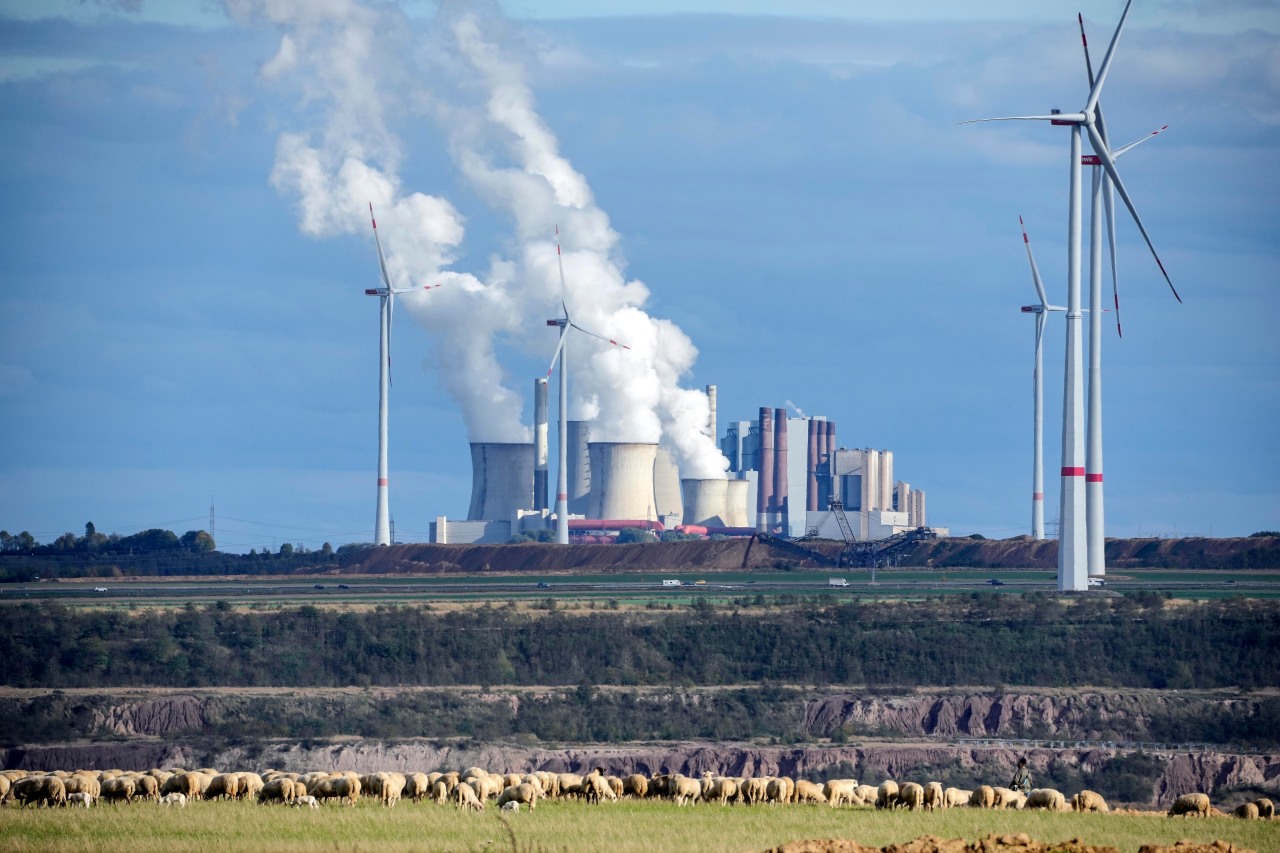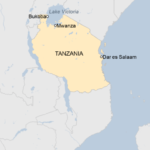
United Nations Secretary General Antonio Guterres on Sunday called a new, dismal report that indicates the past eight years are on track to be the warmest on record a “chronicle of climate chaos.”
The provisional report was released at the start of COP27, the UN climate summit that began in Egypt on Sunday and is expected to draw world leaders including President Biden and representatives of scores of other countries.
The new report suggests climate change’s impacts are becoming more dramatic.
The main greenhouse gases — carbon dioxide, methane and nitrous oxide — again reached record high levels, with methane increasing at a record pace.
The rate of sea level rise has doubled since 1993, and the past two-and-a-half years alone account for 10 percent in the overall rise since observers began satellite measurements nearly three decades ago, according to the report.
“We must answer the planet’s distress signal with action, ambitious, credible climate action,” Guterres said. “COP27 must be the place – and now must be the time.”
The climate report goes on to detail what it describes as an exceptionally heavy toll on European Alps glaciers. The Greenland ice sheet lost mass for the 26th consecutive year, and it rained rather than snowed there for the first time in September.
Climate scientists noted 2022 will likely only clock in as the fifth- or sixth-warmest year on record because of a rare triple-dip La Niña, a large-scale cooling of the ocean surface temperatures in areas of the Pacific Ocean.
But the report suggests this year will not reverse the long-term trend and is only a reflection of the rare climate pattern.
“It’s already too late for many glaciers and the melting will continue for hundreds if not thousands of years, with major implications for water security,” World Meteorological Organization Secretary-General Petteri Taalas said in a statement.
Taalas went on to describe climate change as a “major threat” to millions of people who live on coasts and in low-lying states.
“All too often, those least responsible for climate change suffer most – as we have seen with the terrible flooding in Pakistan and deadly, long-running drought in the Horn of Africa,” Taalas continued. “But even well-prepared societies this year have been ravaged by extremes — as seen by the protracted heatwaves and drought in large parts of Europe and southern China.”




